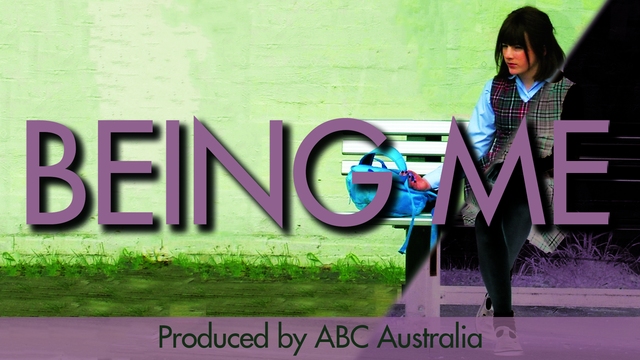Through candid interviews with transgender youths like Isabelle Langley, 10, Being Me takes us into the world of young people who feel like their true gender is not their biological one. For a generation raised in a world of freely available information, the veil has been lifted on this previously taboo topic. Like Isabelle, inspired by transgender activist and Youtube sensation Jazz Jennings, they are coming out to their families and friends and demanding to be accepted for who they are.
"Hormone blockers, Zoladex, Gonadotropin". Isabelle Langley listens patiently and carefully as a doctor explains the first stage of the gender assignment treatment she desperately wants. At 10, Isabelle is not yet old enough to start taking the prescription drugs that would prevent her body from developing masculine features. She has, however, changed her name, begun to dress like a girl and come out to her family and classmates.
These decisions, which she has taken independently, point towards Isabelle's extraordinary maturity and resolve. For her, the next logical stages are hormonal treatment and, eventually, genital surgery. She is dismissive of any suggestion she will later regret her choices:
"That won't happen", she says.
"Trust me". Is it this determination that convinced her parent to support her decision? For them her happiness is their greatest concern. With depression and suicide rates exceptionally high in cases of gender dysphoria, the alternative doesn't bear thinking about.
Paige Elliot Phoenix, a transgender singer who didn't come out until his thirties, recognises that everything could have been different if he had become aware that he was transgender earlier in life. As a youth, confused and forced to conform, he reacted by lashing out:
"I rebelled and made life very difficult for my parents." He was moved from foster home to foster home, and even spent some time on the streets. With greater information and support, he acknowledges, he might have had a happy childhood.
Isabelle's journey has not been without obstacles, but she is accepting. She reasons:
"Well if you don't be yourself, you're going to be miserable for your whole life." This simple logic is what makes it all worthwhile.
LEARN MORE.
JOIN THE DISCUSSION.
 Through candid interviews with transgender youths like Isabelle Langley, 10, Being Me takes us into the world of young people who feel like their true gender is not their biological one. For a generation raised in a world of freely available information, the veil has been lifted on this previously taboo topic. Like Isabelle, inspired by transgender activist and Youtube sensation Jazz Jennings, they are coming out to their families and friends and demanding to be accepted for who they are.
Through candid interviews with transgender youths like Isabelle Langley, 10, Being Me takes us into the world of young people who feel like their true gender is not their biological one. For a generation raised in a world of freely available information, the veil has been lifted on this previously taboo topic. Like Isabelle, inspired by transgender activist and Youtube sensation Jazz Jennings, they are coming out to their families and friends and demanding to be accepted for who they are.




